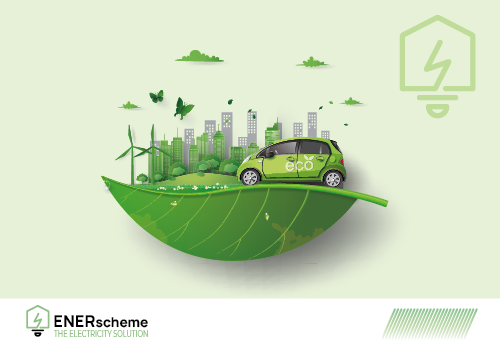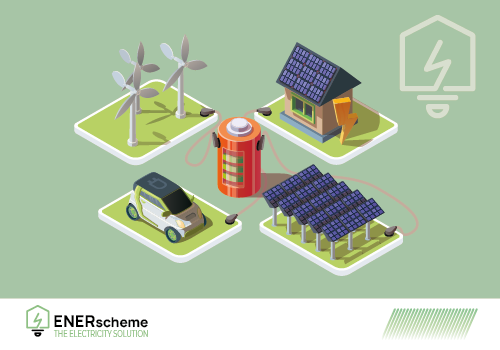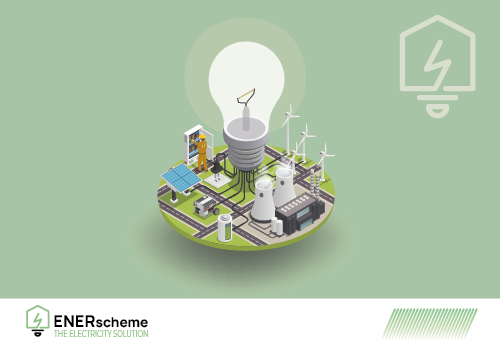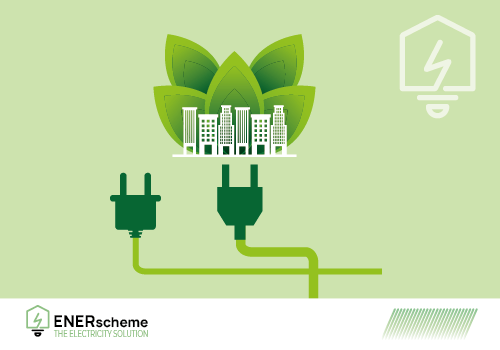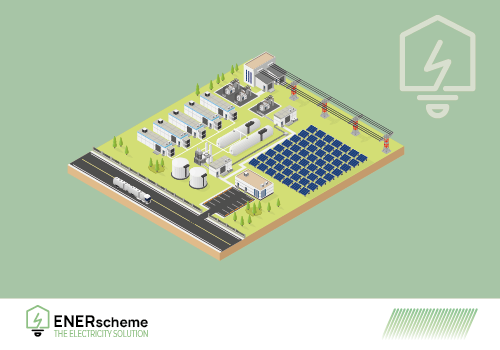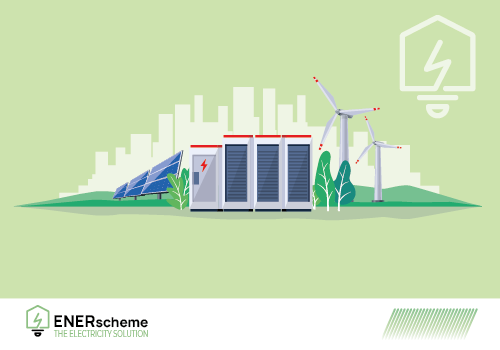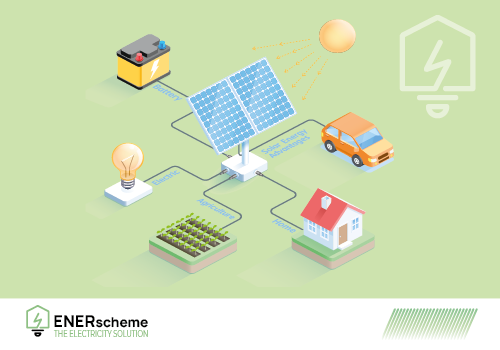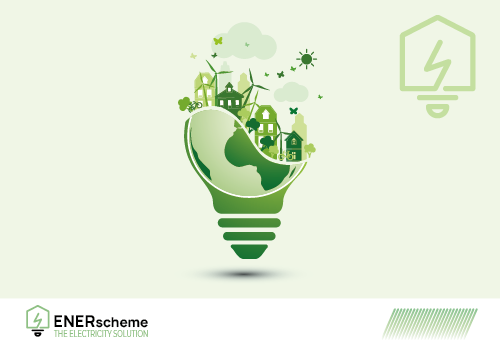Enhanced Sizing Methodology for the Renewable Energy Sources and the Battery Storage System in a Nearly Zero Energy Building”, IEEE Trans. on Power Electronics, early access, Feb. 2021, by E. Tsioumas, et. al.
The aim of this paper is to present a novel methodology to determine the correct size of the renewable energy sources (RES) and the battery storage system (BSS) that are needed to effectively convert a conventional residential building into a nearly-Zero-Energy-Building (nZEB). This is attained by properly considering the long-term history of the weather at […]

